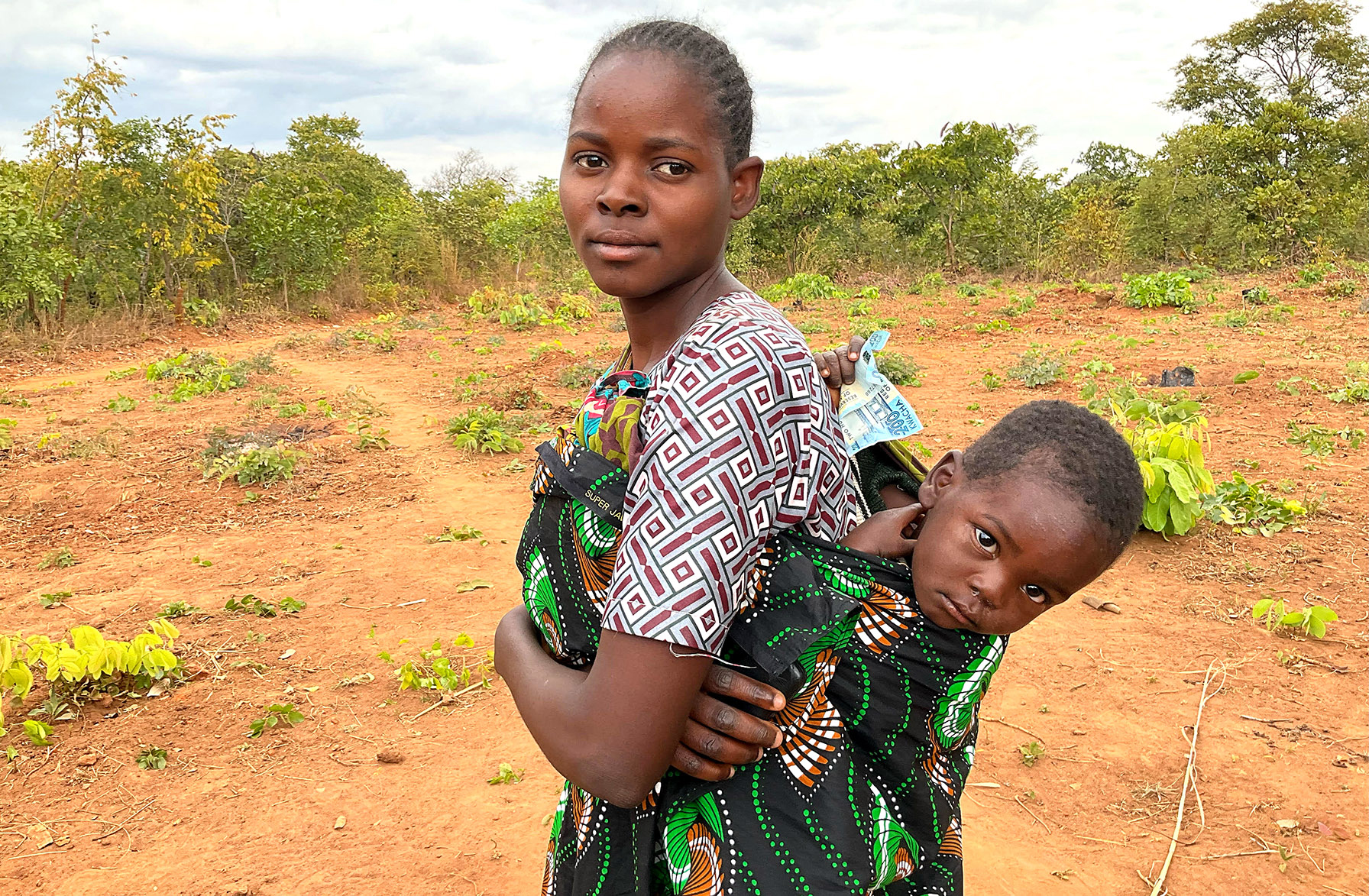An unusual aid appeal has been launched that is a marked departure from the typical campaigns on this front to provide food for the hungry or those displaced by an extreme climate event or other natural disaster, such as an earthquake.
Launched by Wildlife Care & Use — which works on issues around people and animal co-existence — the campaign aims to aid the human victims of conflict with elephants in Zambia and Malawi around Malawi’s Kasungu National Park, where the landscape has been transformed into one of fear and loathing in the wake of an ill-conceived translocation of more than 250 pachyderms in 2022 spearheaded by the Department of National Parks & Wildlife (DNPW), with IFAW one of the partners providing DNPW with technical and financial support.
Daily Maverick has reported extensively on this unfolding and human-made catastrophe, which has claimed the lives of at least 15 people and caused millions of dollars in damage to crops tilled by poor subsistence farmers.
Read more: Conservation imperialism brings death and destruction to poor communities in Zambia and Malawi
Read more: The curious case of five dead elephants and a vanishing media statement
Local NGOs on the ground there also estimate that about 80 elephants have been killed in this conflict, which could have been prevented with the simple solution of adequate fencing. Ifaw now faces a group action lawsuit seeking compensation for the people who have suffered crop and other damages, including the loss of family members and breadwinners.
Read more: NGO Ifaw faces group action suit seeking redress for victims of botched Malawi elephant relocation
“We aim to deliver food hampers to every household that lost a breadwinner or suffered severe food loss because of the elephant relocation,” says the appeal, done in conjunction with the Warm Heart Foundation, an NGO formed to raise awareness around the issue.
It is called the Kasungu Orphans Initiative, a reflection of the more than 40 children who have been orphaned in the area by elephants.
“We are hoping that in December 2025, most affected families will receive food hampers. Every contribution helps rebuild trust between communities and the wildlife they live alongside. This project marks the beginning of a longer journey: using evidence, compassion and responsible practice to ensure that coexistence becomes possible again.”
The Sustainable Use Coalition of Southern Africa — representing 11 hunting and wildlife associations — is also involved in the initiative to provide relief to affected families.
In response to Daily Maverick queries, Ifaw said the following: “We are deeply saddened by all cases of human-wildlife conflict around the world and our thoughts are always with those impacted. In the course of that work, wherever members of the community have been impacted by human-wildlife conflict, Ifaw has sought to provide support to those affected with in-kind assistance where possible, in line with local customs and as guided by the DNPW. Financial assistance or compensation is prohibited by the authorities.”
The optics on this score are hardly flattering: animal welfare activism driven mostly by white, Western middle-class donors that has brutally trampled the rights and dignity of poor Africans.
Animals rights and welfare organisations in Africa often face the accusation that they place the welfare of wildlife above that of people, notably the rural poor who mostly bear the terrifying burden of human/wildlife conflict.
This is, it must be said, unfair in many cases, and such groups have done commendable work for both people and animals.
But the Kasungu debacle has done more than any other recent event to reinforce this perception — it was certainly widely held by the poor farmers this correspondent interviewed when I was on the ground there in June last year to report on this saga.
Read more: Loaded for Bear: A new movement is needed to address human-wildlife conflict that puts poor people first
The initiative opens a new path on the wider conservation front: providing aid and comfort to the human victims of conflict with wildlife. DM





 Elphina Joseph, 21, with her infant son Success. Her husband, Josephi Kampamula, was killed by an elephant in July 2023 on the Malawian side of the Kasungu National Park (Photo: Ed Stoddard)
Elphina Joseph, 21, with her infant son Success. Her husband, Josephi Kampamula, was killed by an elephant in July 2023 on the Malawian side of the Kasungu National Park (Photo: Ed Stoddard)